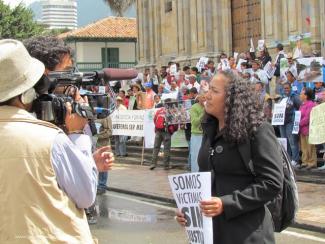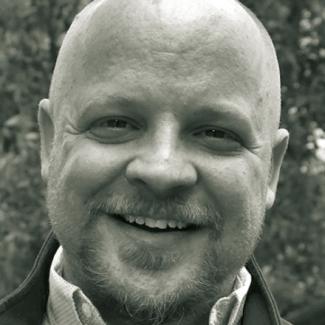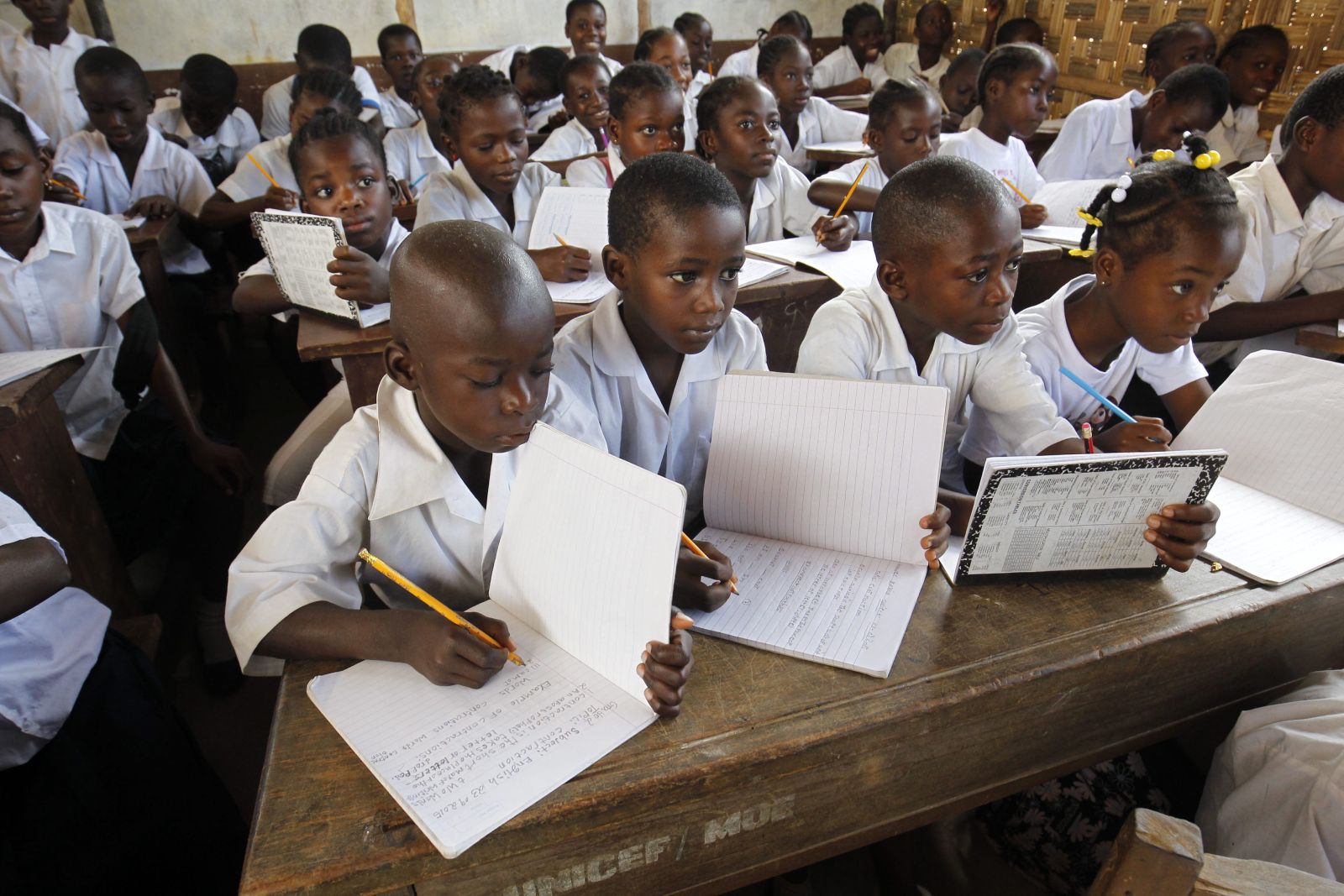Journalism skills
Getting trauma reporting right

Media professionals must not only research the history of a conflict and its local and global contexts; they should also consider what influences their own perception and which vested interests they may be serving.
When interviewing survivors and victims it is crucial for journalists to do so with great sensitivity. The experience of telling a TV camera about how one’s child was murdered can be re-traumatising and fast undo considerable previous psychosocial efforts to cope with the pain. Sometimes, moreover, journalistic practices intentionally or unintentionally deprive individuals of controlling their own narrative in public media discourse, with re-traumatising consequences.
Professional training
To avoid harmful mistakes, media professionals should continuously update their knowledge of related matters. They should undergo professional training in order to understand what causes trauma and what kind of therapies exist. It is important to know, for example, that persons who have experienced torture, sexualised violence, persecution or flight must not be asked to speak about their suffering again and again. Instead, as is always emphasised in psychosocial work, the journalistic focus too should be on their strength and the fact that they survived traumatic events.
Training in conflict-sensitive journalism is a typical component of everyday peacebuilding programmes. However, not only reporters should take part. Editors and managers should do so too. Media houses should motivate journalists and other professionals to grasp such opportunities and make sure they have the time and funding they need. This does not only apply to large international media houses, which hopefully can be expected to support their staff’s advanced training.
It especially applies to smaller, local outlets with reporters who often work on their own in remote areas. These journalists are particularly likely to encounter victims and survivors of mass atrocities, given they operate in proximity to the communities that experienced mass violence. In the aftermath, these areas are precisely where a way must be found to deal with trauma at the personal and the societal level.
Rousbeh Legatis is a peace scholar and consultant who advises agencies involved in peace building, particularly in Latin America.
rousbeh@gmail.com












